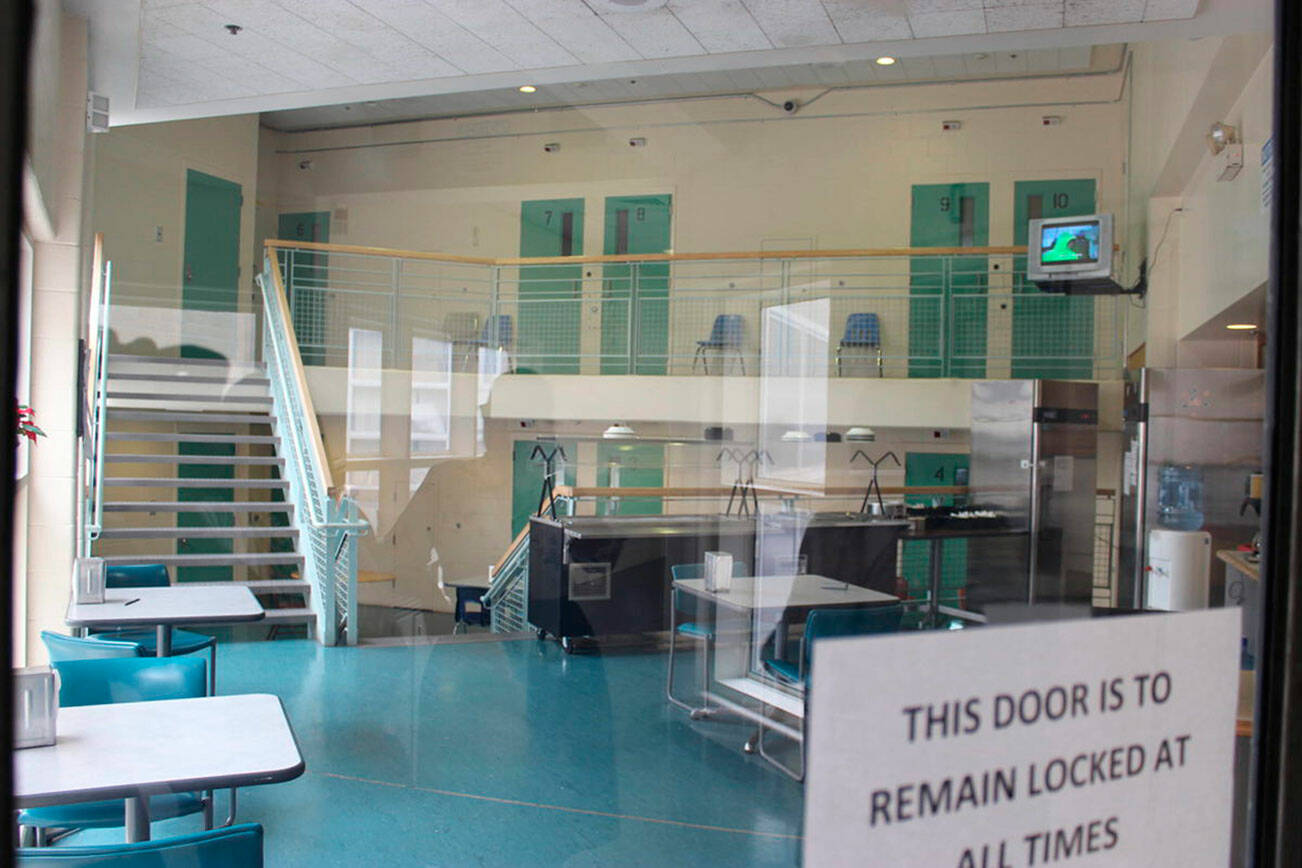Restorative Community Pathways (RCP), King County’s restorative justice program for youth offenders has shown promising results less than a year into its operation, Executive Dow Constantine said.
“Restorative Community Pathways is an evidence and community-based program to help change a youth’s behavior, reducing crime and creating a better future for themselves, their families, and our community,” said Executive Constantine.
The program diverts low-level first-time youth offenders from the traditional prison system and instead connects the child with community organizations that work with the child to address the underlying issues that caused the bad behavior.
In addition to providing support to the offender, RCP offers an equal amount of resources and support for the victims of crimes, something the traditional justice system fails to do.
“Critically, RCP also provides equal resources and support to victims,” King County Prosecuting Attorney Dan Satterberg said. “In study after study, children prosecuted in juvenile court achieve less success and do more harm than comparable youth who have been diverted out of the formal court system.”
Restorative justice practices like those employed by RCP have been proven to reduce recidivism rates and the harm caused by imprisoning children. In December 2021, mayors from Auburn, Renton, Federal Way and Kent spoke out against RCP and called for a moratorium on the program.
Chief among the mayors’ concerns was that diverting kids who were charged with felonies would make their communities less safe. Early data suggests the opposite could be true. Data collected between Nov. 1, 2021, and Aug. 18, 2022, shows kids who went through RCP were less likely to re-offend than those who went through the courts.
Of the 145 kids who participated in RCP during that time period, 12 or 8% had new case referrals, according to data from the prosecuting attorney’s office. During the same time period, 223 kids went through the traditional prosecution process and of those 223, 47 or 21% re-offended.
In other words, kids who went through the traditional jail and court systems were more than two times as likely to re-offend compared to kids who went through RCP during that 10-month period. Kids who were incarcerated in state prisons between 2011 -2018 had a recidivism rate of 49-58% annually, according to data from the State Department of Children, Youth and Families.
“King County has historically proven that diversion works to reduce juvenile crime, and that’s exactly what RCP aims to do,” Satterberg said. “As part of RCP, youth are able to connect to services and interventions aimed at repairing the harm that they caused and reducing their likelihood of reoffending.”
Evaluation of RCP is ongoing to determine how effective the program is for creating positive outcomes for youth offenders and the harmed parties as well as its impact on public safety in the county, according to the executive’s office.
Talk to us
Please share your story tips by emailing editor@kentreporter.com.
To share your opinion for publication, submit a letter through our website https://www.kentreporter.com/submit-letter/. Include your name, address and daytime phone number. (We’ll only publish your name and hometown.) Please keep letters to 300 words or less.

